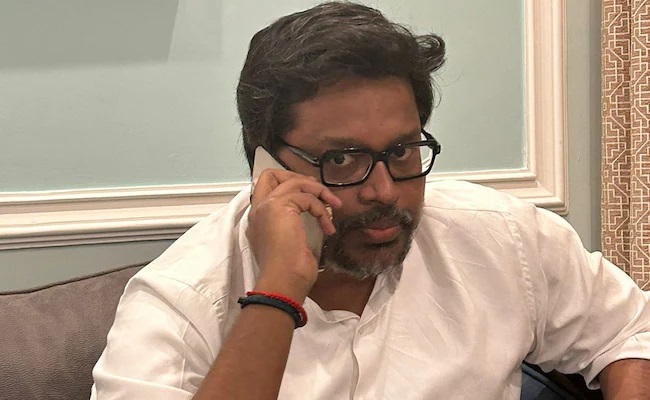
Telangana Rashtra Samithi president and chief minister K Chandrasekhar Rao has been targeting his Andhra Pradesh counterpart N Chandrababu Naidu in the cash-for-vote case of 2015, in which the latter allegedly tried to buy the vote of a nominated MLC to secure victory for the TDP candidate in the MLC elections.
But, going by the indications, KCR is also adopting the same cash-for-vote strategy to lure the votes of the opposition MLAs in the ensuing MLC elections to five seats under assembly constituencies’ quota to be held on March 12.
According to the EC rules, each candidate requires votes of a minimum of 21 MLAs to be elected as an MLC under assembly constituencies’ quota.
The TRS won 90 seats in the 119-member assembly including that of two independent MLAs. So, it can win four seats.
On the other hand, the Congress won 19 seats in the assembly and its alliance partner in Maha Kootami (grand alliance) Telugu Desam Party got another two MLAs. So, the Congress has the chance of winning one seat, with the support of the two TDP MLAs.
But, KCR has fielded five candidates, including that of Majlis-e-Ittehadul Muslimeen (MIM), in the MLC polls. If the four TRS candidates get 21 MLA votes each, the TRS would be left with six more votes.
Since MIM has seven MLAs, the fifth candidate can get another seven votes. Still, the TRS will fall short of eight votes to secure the victory of a fifth candidate.
So, the TRS has to depend on cross voting by eight MLAs from Maha Kootami (Congress and TDP). Assuming that TDP MLA Sandra Venkata Veeraiah will also vote for the fifth candidate of TRS-MIM alliance, KCR still needs seven MLAs.
How can he get their votes? Obviously, KCR has to woo seven Congress MLAs to cross-vote for the fifth candidate. They should either defect to the TRS en masse or KCR should pay them hefty amounts to make them cross vote for the TRS. Or he would offer some contracts or other inducements.
Does it not amount to cash-for-vote, Mr KCR?













